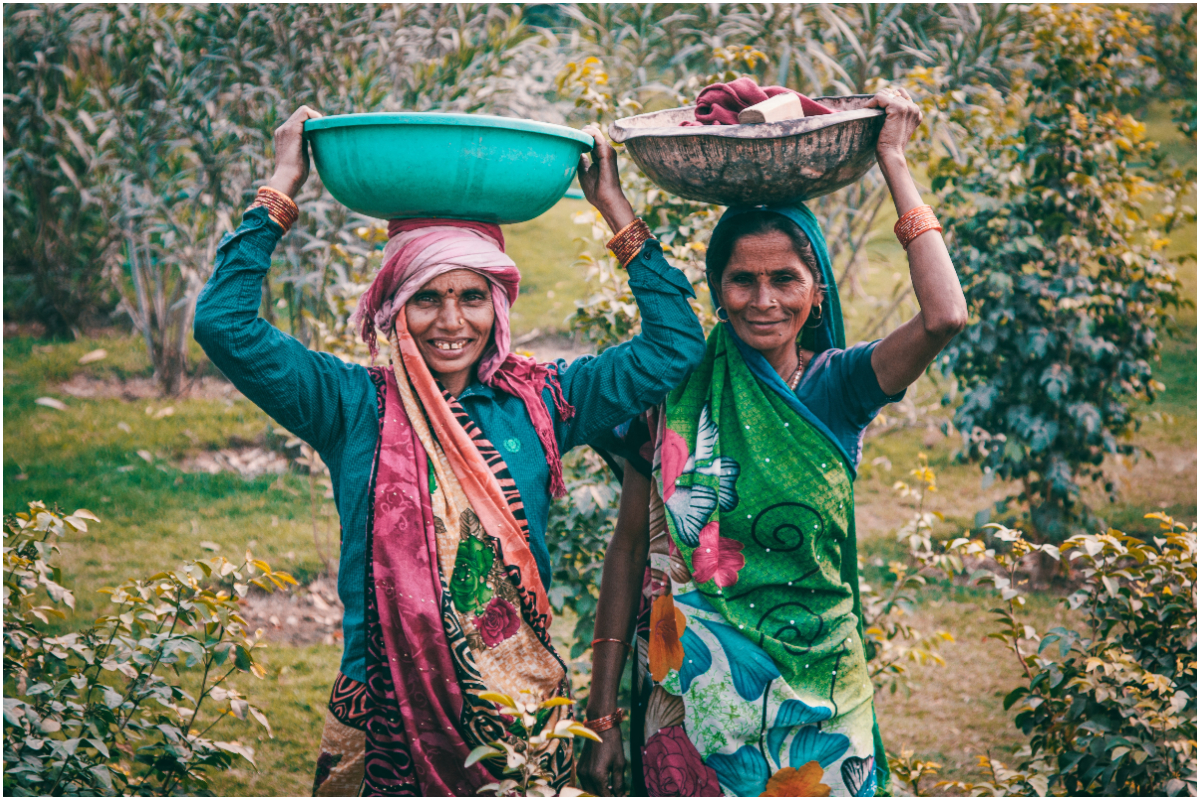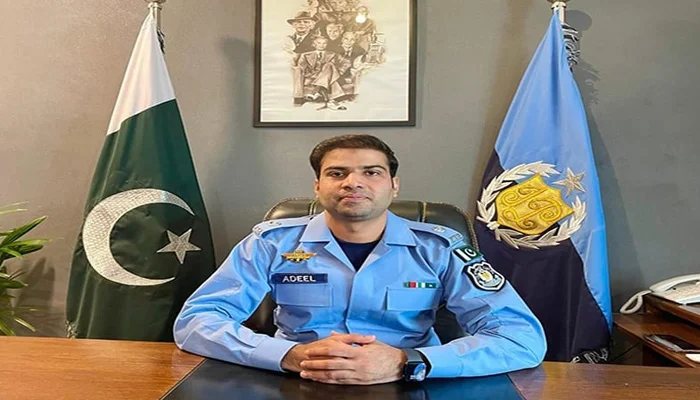- Increasing Sexual abuse resulted in a law made decade ago.
- Unicef has also been trying to get India to stop criminalizing teen sex.
- Chief Justice of India asked parliament to rethink the age of consent.
India put in place a strict new law ten years ago to deal with sexual abuse of children.
But because of the Protection of Children from Sexual Offences (Pocso) Act, any sexual activity by a child under 18 is illegal. This means that many teenage boys in relationships where both people agree to it end up on the wrong side of the law.
Now, more and more people want to change the “age of consent” and stop punishing teens who have sex.
A few years ago, I was working on a report about how putting female beat constables in a high-crime area of Delhi would make women safer. I was taken to meet a 16-year-old girl who said she had been raped.
The policewoman told us about her by saying, “She was raped.”
But when I asked the girl what had happened, she said she hadn’t.
She instead said, “I went with him willingly” (Main apni marzi se gayee thi).
When her mother started to yell at her, the policewoman pushed me out of the room.
She said that the girl’s parents had filed a complaint against a local teen boy, who had been arrested and would be tried for rape.
She agreed that the girl’s relationship seemed to be mutually agreeable, but she said the police had to file a case anyway.
The case I saw years ago is just one of thousands of sexual relationships between teenage Indian girls that are called rape every year.
A strict law like Pocso was needed because of the high rate of sexual abuse of children. A government study from 2007 found that 53% of children had been sexually abused in some way.
But it also raised the age of consent from 16 to 18, which made millions of teens who have sex into criminals.

India has the most teenagers in the world, with more than 253 million. Even though having sex before marriage is against the law, many of them are sexually active, according to surveys.
More than 39% of women in the most recent National Family Health Survey (NFHS-5), the government’s most thorough survey of households, said they had sex before they turned 18, and 10% of women between the ages of 25 and 49 said they had sex before they turned 15.
So, more and more people are calling for the age of consent to be lowered to 16, like it is in many South Asian countries and the rest of the world.
Child rights activists say that parents often use the criminal justice system to control their daughters’ sexuality and keep them from dating, especially if they are from different castes or religions.
People say that making consensual sexual activity a crime ruins people’s lives and makes the already crowded criminal justice system even worse.
Now, for the first time, we know how big the problem is.
Researchers from the child rights charity Enfold Proactive Health Trust looked at 7,064 Pocso court decisions made in three Indian states between 2016 and 2020: West Bengal, Assam, and Maharashtra. Girls between the ages of 16 and 18 made up nearly half of the cases.
Their report, which came out this week, said that one in four, or 1,715 cases, fell into the “romantic” category.
The report says that if the numbers were added up from all of India, they would be much higher because in tens of thousands of Pocso cases reported every year, the offenders were “friends/online-friends or live-in partners under the guise of marriage.”
“Making normal sexual activity among teens a crime shows that the law is out of touch with reality,” Swagata Raha, the head researcher at Enfold, told the sources.
The report says that most of the cases were filed by the parents or relatives of the girls when they ran away from home or were found to be pregnant. In most of the cases, police filed charges of rape, sexual assault, sexual harassment, or kidnapping.
“And the couple gets caught up in the criminal justice system,” says Ms. Raha, adding that making the girl and the boy criminals can have “grave consequences” for both of them.
“The girls are put down and shamed, and if they don’t want to go back to their parents’ home, they are put up in shelters. The boys are treated like children who have broken the law or are accused, and many of them spend a long time in observation homes or prison.
“The accused then has to go through an investigation, being held in jail, and a trial. If he or she is found guilty, he or she could get 10 to 20 years in prison,” she says.
But there is a silver lining: of the 1,715 cases Ms. Raha and her team looked at, the vast majority of the defendants were found not guilty.
“Convictions were rare, happening in only 106 cases (6.2%),” the report says. “Acquittals were the norm in romantic cases, with 1,609 or 93.8% being thrown out.”
This low conviction rate was because, in 87.9% of cases, girls admitted to being in love with the accused, in 81.5% of cases, they didn’t say anything that could be used against their partner, and in some cases, they said their family put them under pressure.
The high rates of acquittals also show that trial courts are often lenient when dealing with “romantic” cases. Over the past few years, India’s highest court has also raised concerns about making it a crime to have consensual sex with or between teens.
Justice V Parthiban of the Madras High Court, who overturned the conviction of a teenager in 2019, said that a relationship between minors or between minors and young adults was “not unnatural but a result of natural biological attraction” and suggested that the age of consent be changed.
Recently, Chief Justice of India Dhananjay Chandrachud also weighed in on the issue by asking parliament to rethink the age of consent.
Unicef has also been trying to get India to stop criminalising teen sex. Soledad Herrero, the organization’s head of child protection in India, told the sources that “children have the right to protection, integrity, dignity, and participation, even in their personal relationships.”
“There needs to be a balance between protecting them and respecting their growing independence,” she said, adding that this was emphasised by the UN Committee on the Rights of the Child.
Ms. Raha says that the judiciary and people in the criminal justice system “acknowledge” that these “romantic” cases need to be looked at differently and that parliament needs to look at the law again.
“We want consensual adolescent sex to not be illegal. We can look at a model that works for India, but we need to accept that adolescent sexuality is normal.”
[embedpost slug=”indian-man-finds-fathers-lost-grave-in-malaysia/”]





















